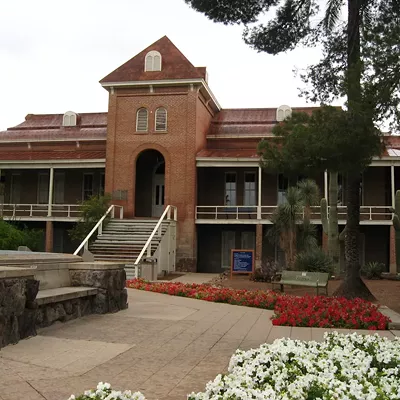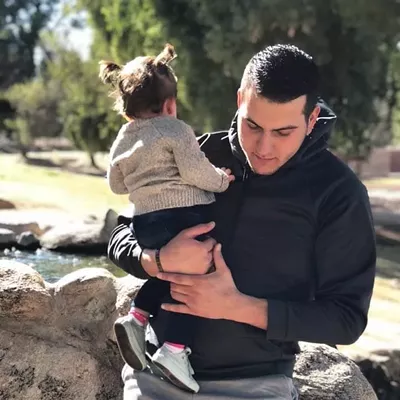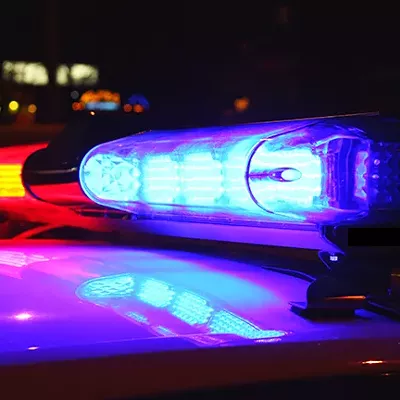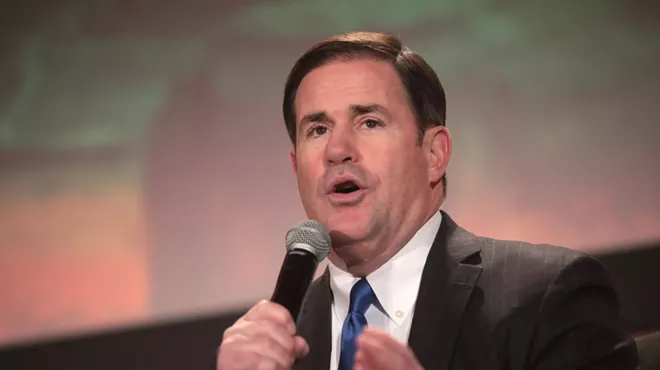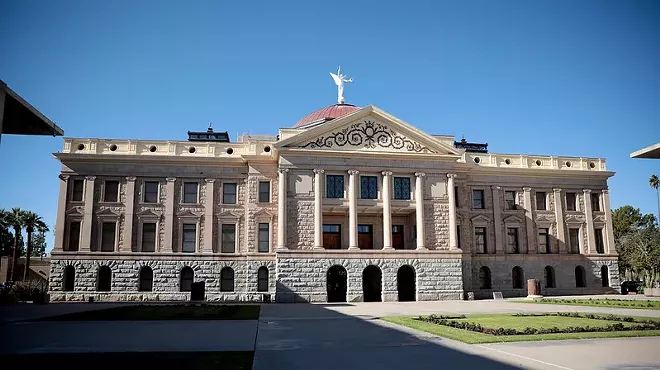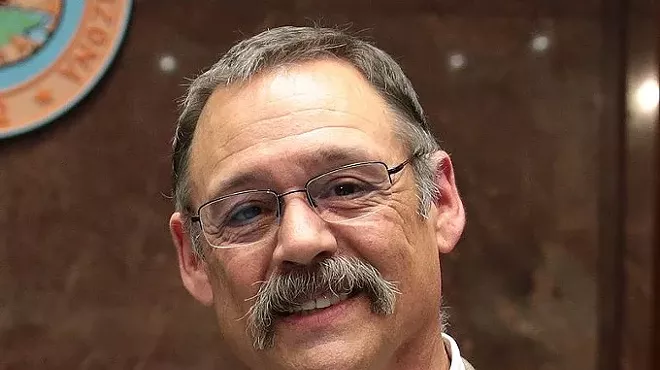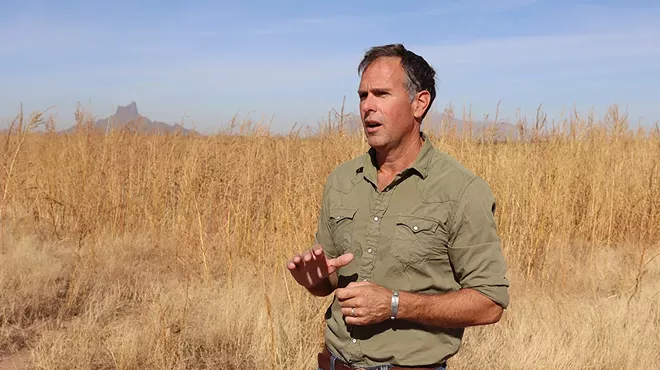Friday, June 26, 2015
Whether We Agree or Disagree, Tucson Police Department is Following Scaled-Back SB 1070 Enforcement
Earlier this week, I wrote about the case of Roman Escobar—an undocumented father who, after being pulled over by Tucson Police officers in the beginning of June, was taken into custody by immigration officials and sent to a Florence detention center. There was a lot of confusion for the reasons that led to Border Patrol involvement during the traffic stop, including speculations that TPD might not be following its new rules regarding SB 1070 enforcement.
TPD was finally able to release information on Escobar's case, and the officers who pulled him over were very much following the department's new, scaled-back SB 1070 protocol. According to TPD Sgt. Pete Dugan, Escobar has a hit and run felony conviction in his record. Per TPD's new rules, having felonies tied to your name is one of the guidelines that green light TPD to verify your immigration status in the country.
In December, TPD Chief Roberto Villaseñor said the police would not get involved with immigration enforcement practices, unless the individuals they pull over have felony convictions, are affiliated with a gang, are identified as terrorists, or pose a threat to national security. The changes go hand-in-hand with the Department of Homeland Security's criteria to focus on apprehending and deporting undocumented people with a criminal record. (I wrote about that, here.) In February, TPD amended its General Orders, and they have been sticking to these rules.
The day Escobar was apprehended, Dugan says officers ran Escobar's license plate, as it oftentimes does to check on any warrants, suspended licenses, expired registration, etc. The plates were red-flagged for a mandatory insurance suspension, a totally legitimate reason to pull a person over. (Escobar's family had said they were stopped over an expired license plate.) When the officers spoke with Escobar, Escobar did not have any identification to hand over, so the cops ran his name and found out Escobar's license had been revoked.
"At this time, a suspended license or revoked license, is a misdemeanor, not a civil traffic, that is one thing that the family is failing to mention that is very important," Dugan says. That triggered the vehicle to be impounded, and consequently led to Escobar's arrest. From there, the officers decided to field release him (because the offense was a misdemeanor), meaning Escobar was still under arrest but would have been free to go home. However, when a field release takes place, the person's name must be checked up with police records. The records personnel found a felony hit-and-run, which forced TPD to verify Escobar's immigration status in the country and involve Border Patrol.
"I understand the family being upset, it is a family, we get that, but as far as what the officer was doing this day, he was following policy, there was no policy change or procedural change, he followed the steps and that was the outcome," Dugan says.
Escobar's apprehension fueled a protest Tuesday before a City Council meeting. During the call to the audience, Escobar's wife, Miriam, and his 12-year-old son José testified on behalf of Escobar, pleading council members to look further into what had happened that afternoon, and to please help Escobar be released from detention.
Councilwoman Karin Uhlich told the Tucson Weekly on Wednesday that she had contacted Villaseñor to get a written response on the matter, and that if policies were not being obeyed, if officers would be disciplined.
Tags: tucson police department , roman escobar , sb 1070



